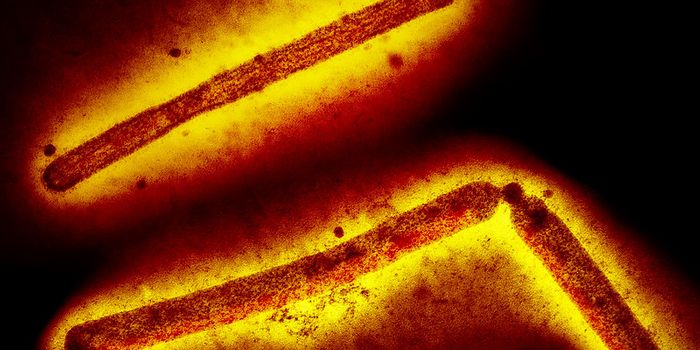How Undetected Viral Infections Impact our Health
It seems that when people are infected with a virus but don’t have any obvious symptoms, there may still be effects. Reporting in the Journal of Virology, scientists at UC Davis have found that even at low levels, CMV or cytomegalovirus exerts a significant impact on the microbes and immune cells in our bodies. It also changes how our body responds to a variety of things, including the flu vaccine.
"Subclinical CMV infection alters the immune system and the gut microbiota in the host, and that impacts how we respond to vaccines, environmental stimuli, and pathogens," said senior paper author Satya Dandekar, chair of the Department of Medical Microbiology and Immunology at UC Davis. She is also a core scientist in the infectious diseases unit at the California National Primate Research Center at UC Davis. "This study highlights the role of these silent, latent viral infections that are totally asymptomatic," she added.
Though you may have never heard of it, CMV is a common virus. It infects as many as 70 percent of adults that live in the United States and Europe and up to 90 percent of those in Africa. CMV is not considered to be a threat to human health, however. In people with immune systems that are not functioning well, like the elderly or those with HIV, it could have a more significant impact.
While most of those CMV infections don’t get diagnosed, they still have an influence. The team at the Dandekar lab wanted to know more about these potential effects. They turned to an animal model for their work.
In CMV-infected animals, bacteria that produce butyrates, like Firmicutes, were present at higher levels. While butyrates may reduce inflammation, they might also increase the expression of genes that encourage CMV to live on in the body.
The immune system of the infected animals also appeared to be hard at work; there were higher levels of some immune cells like lymphocytes and inflammatory T cells. While immune activity seemed to be increased by CMV, there was a diminished response to a flu vaccine.
"There's a high degree of variation at the population level of how people respond to vaccines," said Dandekar, "and all the factors that contribute to these variations are not fully understood. Our paper shows the subclinical CMV infections may be one of the issues that contributes to that immune variation. This opens a new opportunity to come up with novel approaches to optimize and position the immune system to have higher quality responses to vaccines."
More research will be necessary to fully understand the effects of low-level CMV infections. The immune system might get worn out from a constant battle against these infections, for one thing. The Dandekar lab will be continuing their studies.
"This highlights the impact silent viruses have to influence how the host responds to vaccines," said Dandekar. "Can we somehow use this information to optimize our immune system? That's the direction we would like to go to see how we can inhibit CMV to see if we can enhance the vaccine response."
Learn more about CMV from the video.
Sources: AAAS/Eurekalert! Via University of California Davis, Journal of Virology









